Differences and similarities between words
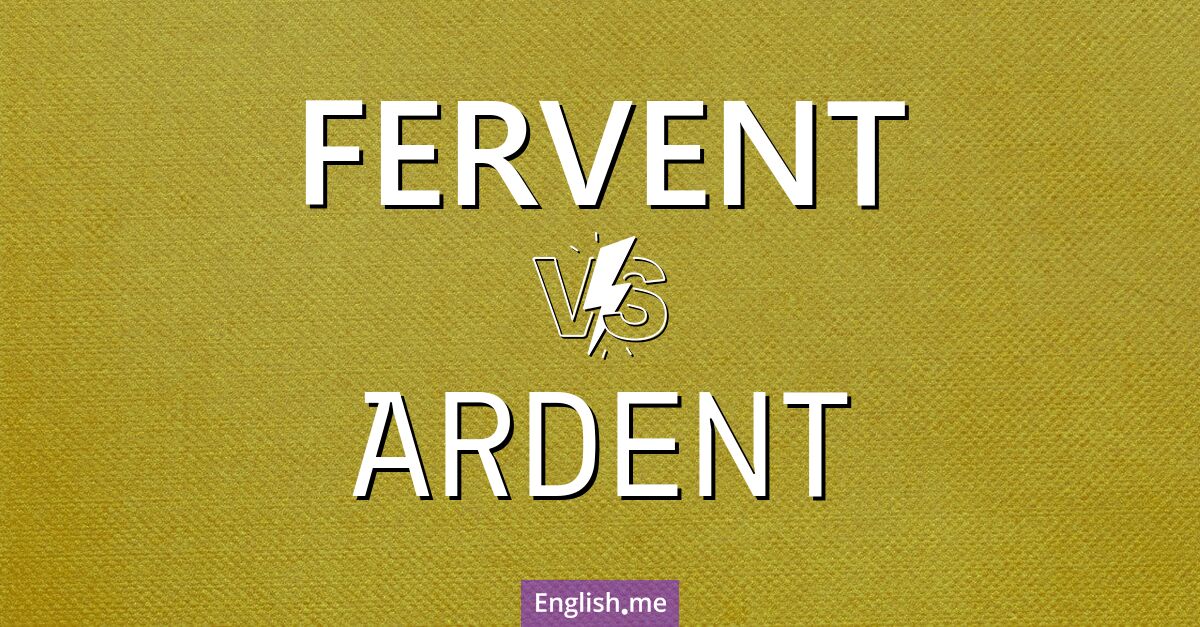
"Fervent" vs. "ardent": passionate twins with subtle tones
"Fervent" often emphasizes warmth or passion, while "ardent" can also ... Learn more →
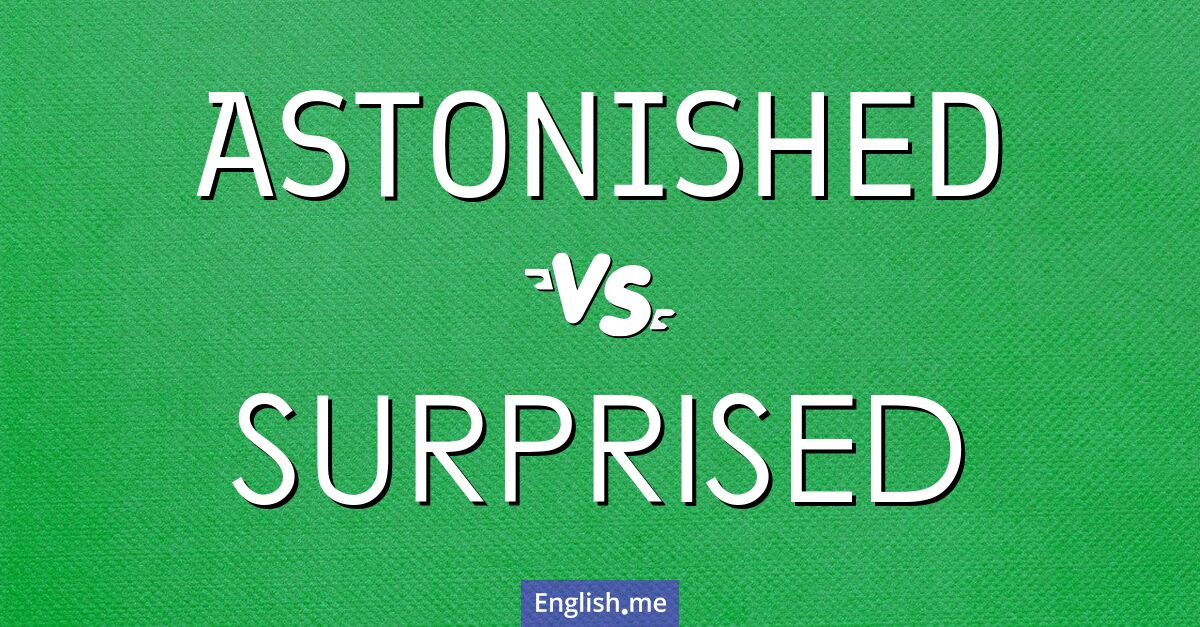
"Astonished" vs. "surprised": nuances of delight and disbelief
"Astonished" implies a stronger, more overwhelming sense of disbelief compared ... Learn more →
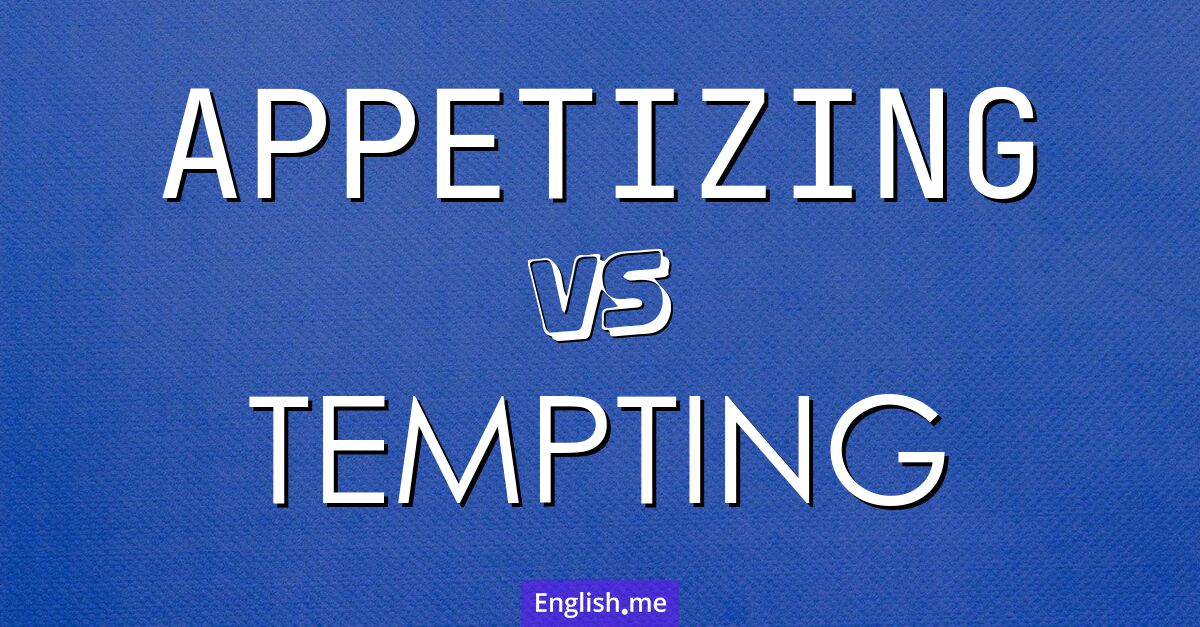
Delicious dilemmas: "appetizing" vs. "tempting"
Appetizing is specifically related to stimulating appetite or food appeal, ... Learn more →
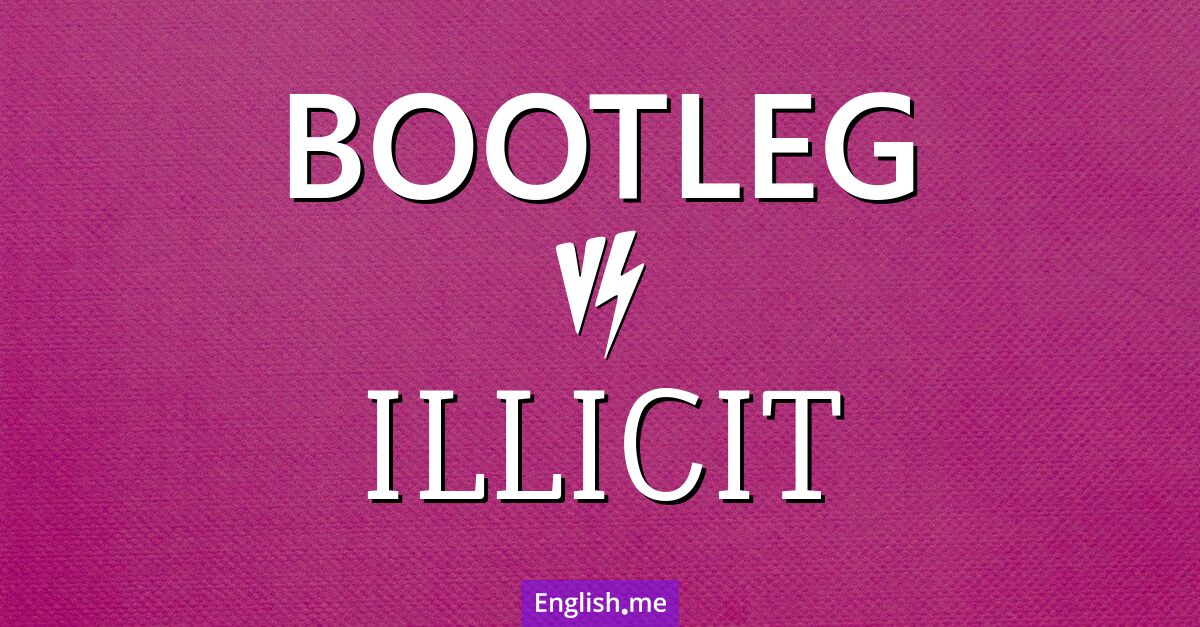
"Bootleg" vs. "illicit": exploring the shades of unlawful
Bootleg specifically refers to illegal copying, making, or selling of ... Learn more →
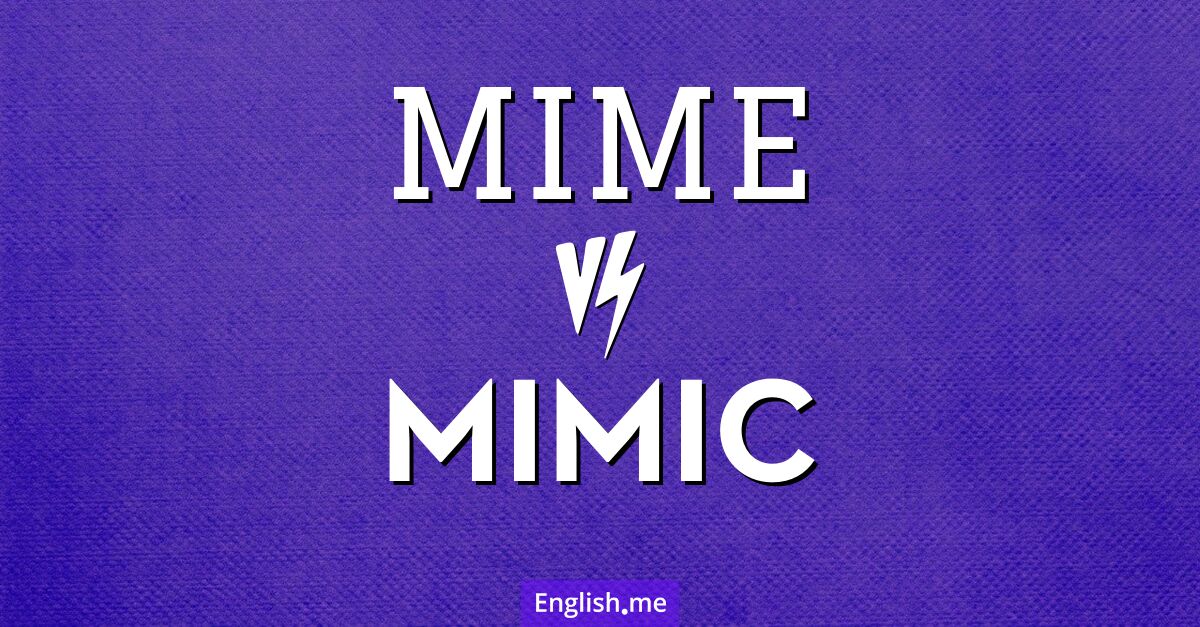
"Mime" vs. "mimic": artistry in motion and imitation
Mime is a performance art involving silent gestures, while mimic ... Learn more →
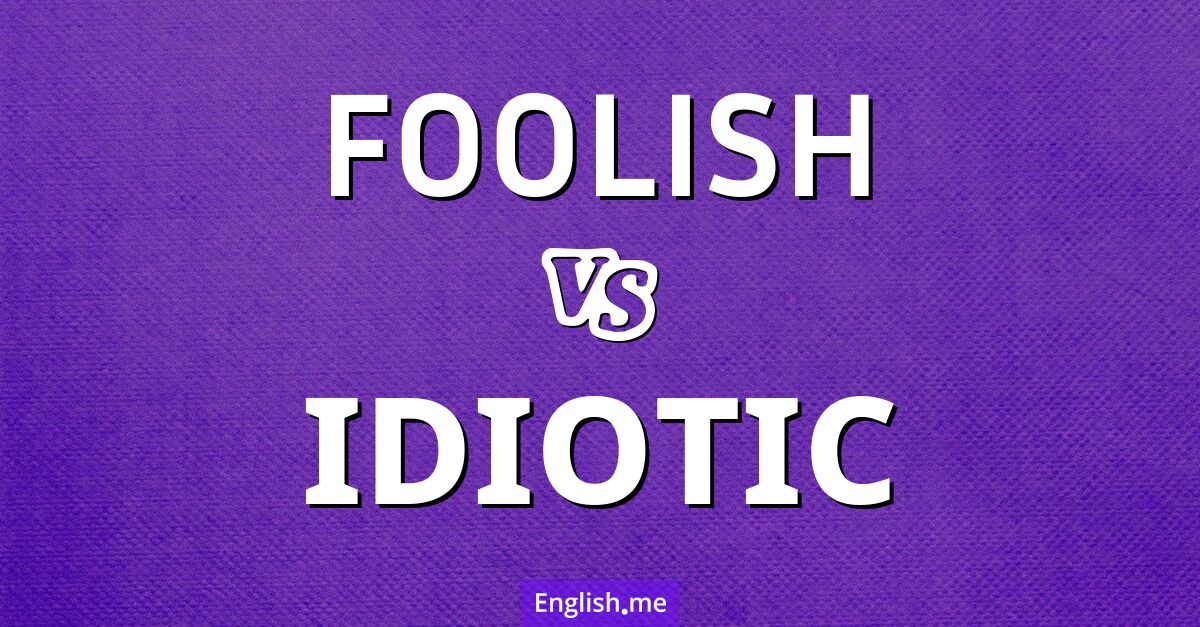
"Foolish" vs. "idiotic": a tale of two blunders
"Foolish" is often considered less offensive and can imply harmlessness ... Learn more →
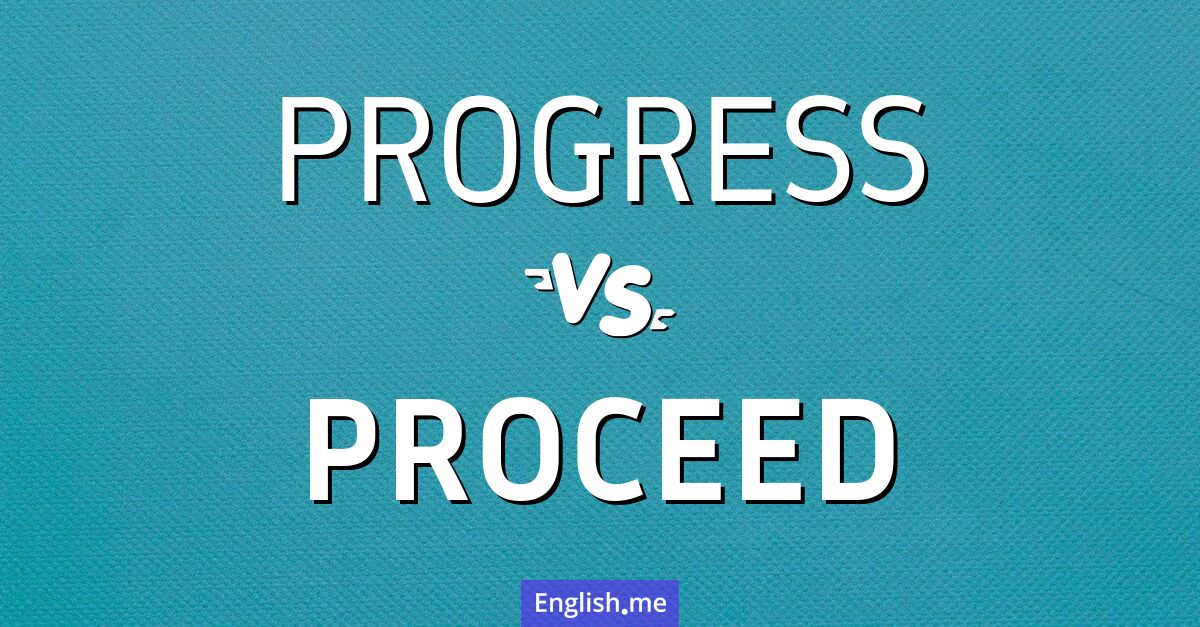
"Progress" vs. "proceed": moving forward in language
Progress implies gradual development toward a goal, often involving improvement ... Learn more →
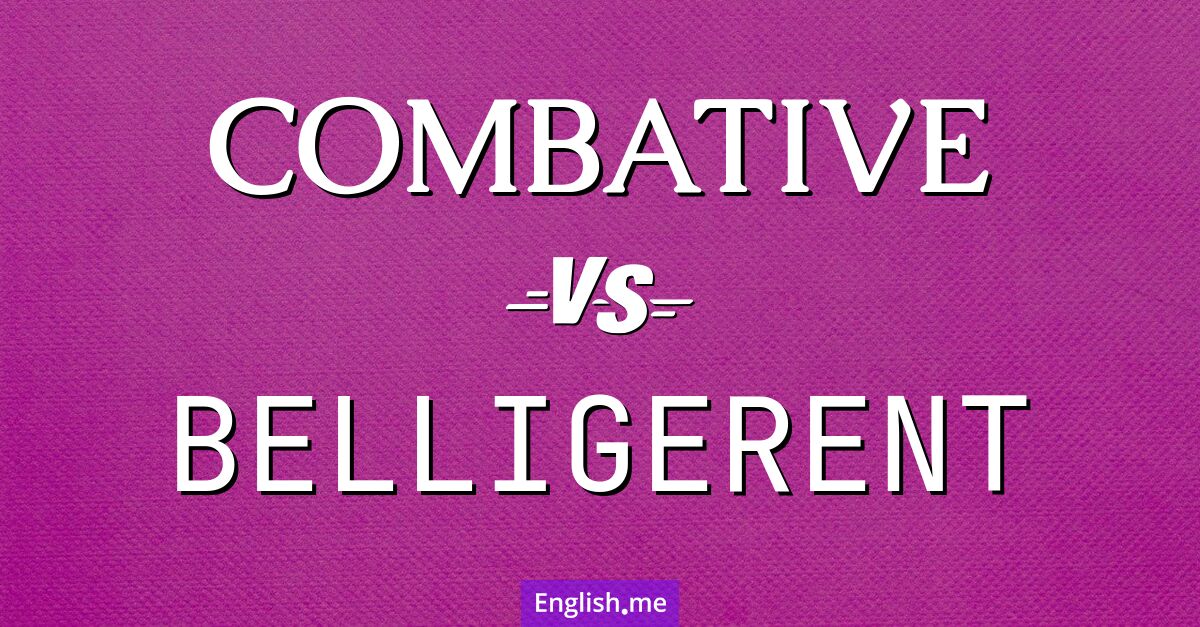
Unpacking aggression: "combative" vs. "belligerent"
Combative often implies readiness to fight or argue, sometimes in ... Learn more →
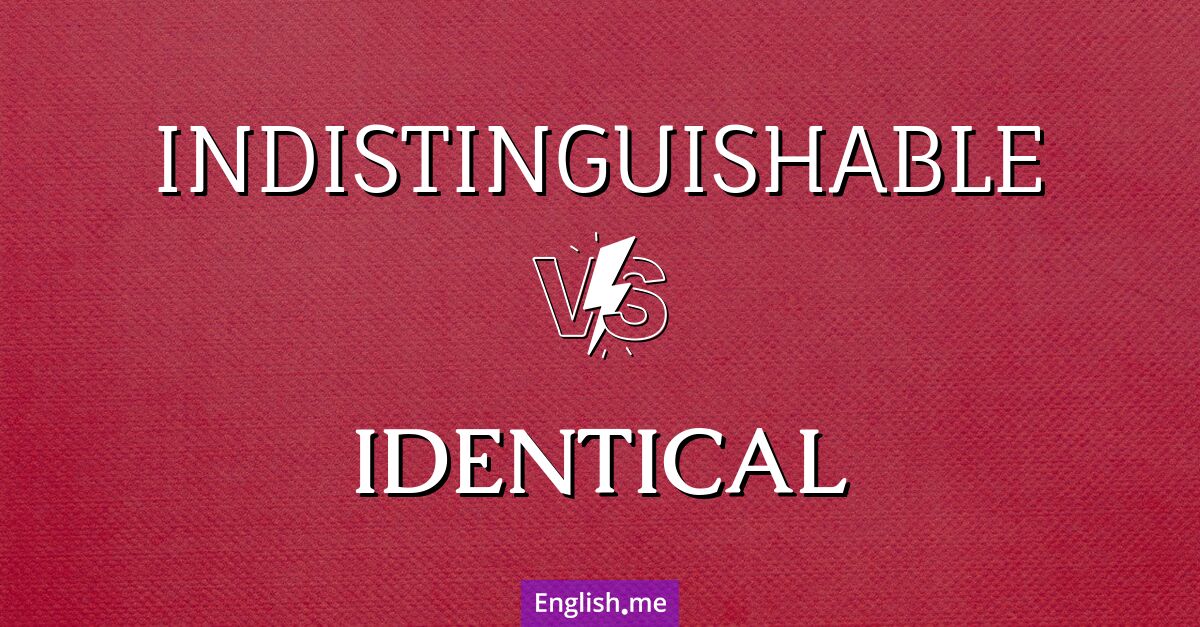
"Indistinguishable" vs. "identical": same or just similar?
Indistinguishable means not able to be identified as different, but ... Learn more →
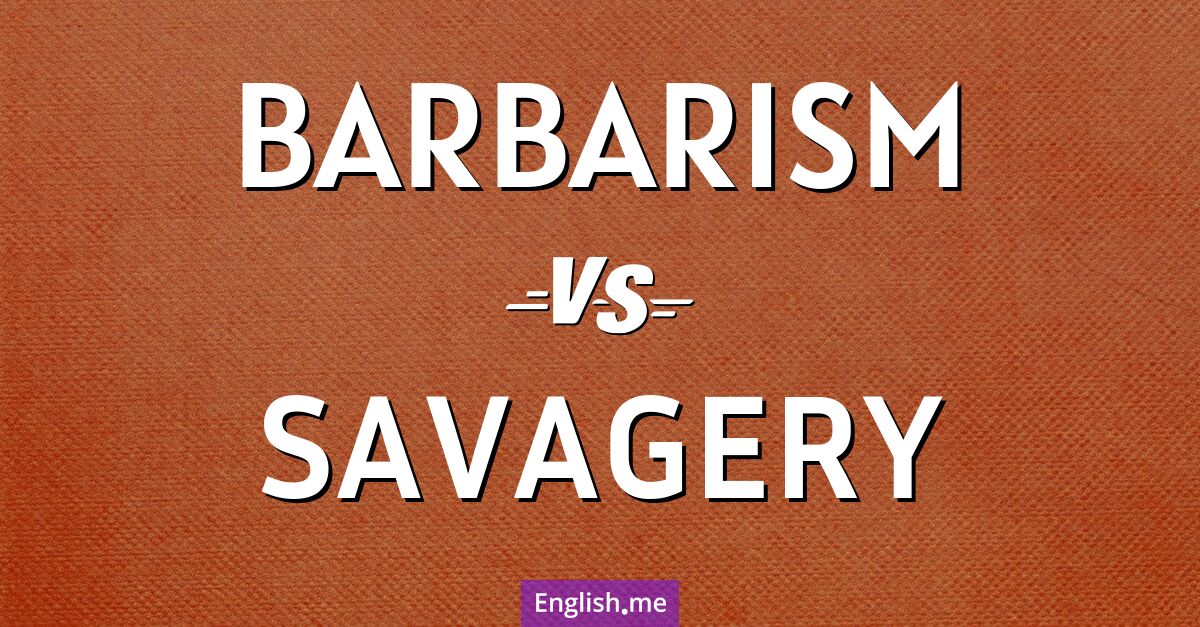
"Barbarism" vs. "savagery": parsing the language of the untamed
"Barbarism" can imply a lack of refinement or sophistication, historically ... Learn more →

 English
English español
español française
française italiano
italiano deutsche
deutsche 日本語
日本語 polski
polski česky
česky svenska
svenska Türkçe
Türkçe Nederlands
Nederlands